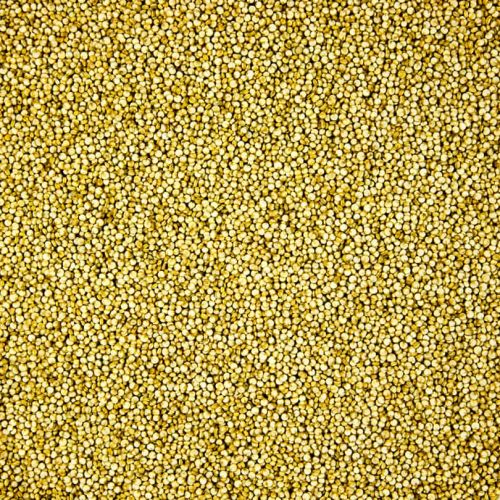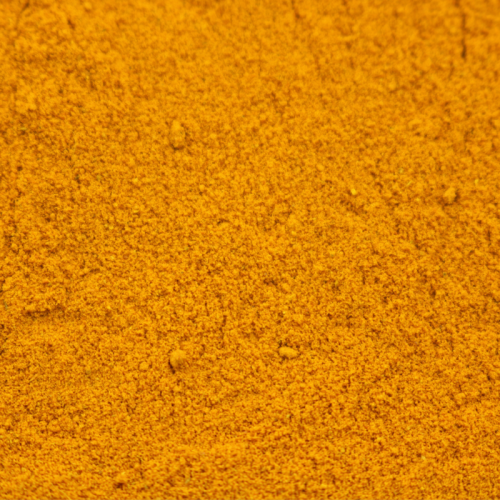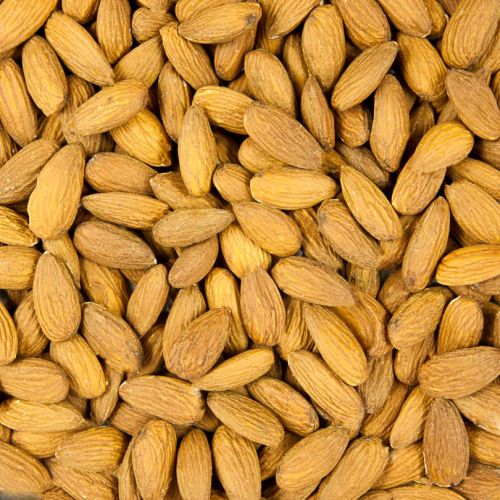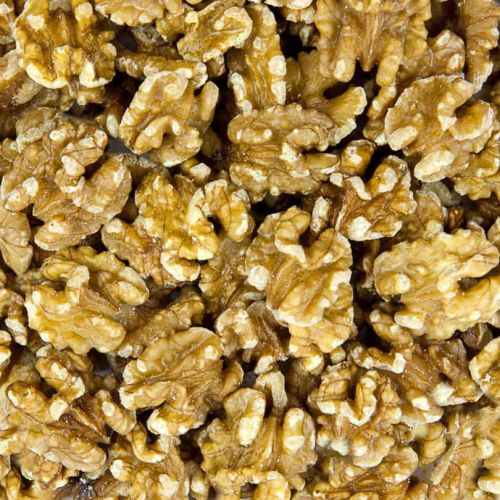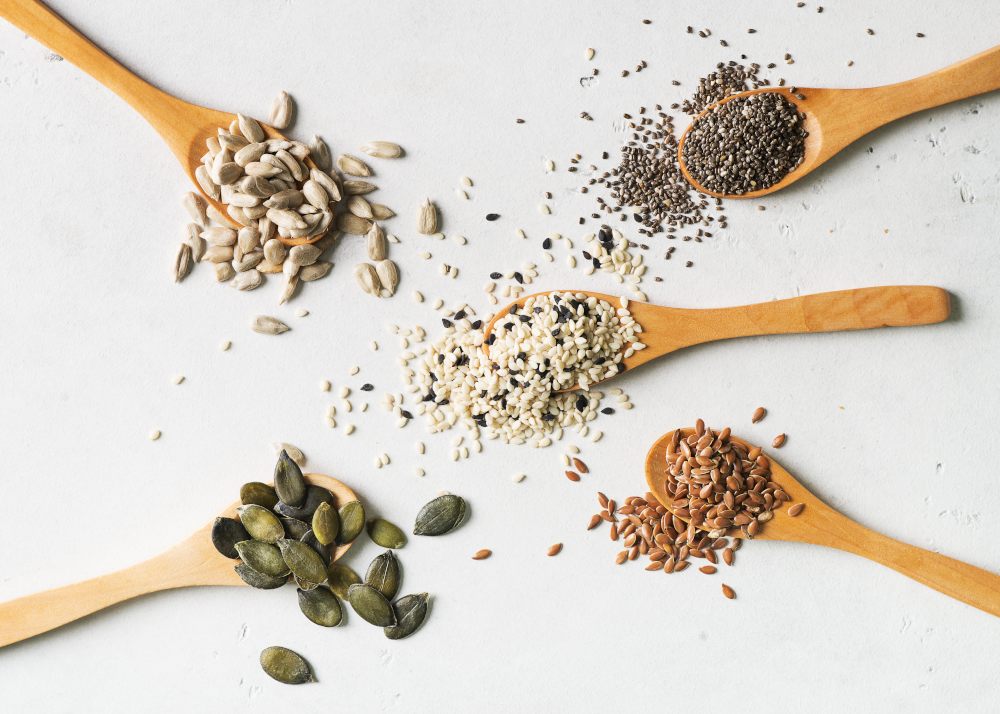

Photo Credit: "© [Niks Ads] / Adobe Stock
Inflammaging is the latest buzzword in health circles but what does it mean and how does it affect you and your body as you get older.
Inflammaging is a relatively new term coined as scientists work to explain the link between ageing and chronic inflammation and its effects on the body as we grow older.
The scientific community has known for some time that our diet can increase risk of conditions linked to chronic inflammation in the body such as obesity, type 2 diabetes, heart disease and dementia.
This increased interest in chronic inflammation and its effects has revealed that it can speed up the ageing process and result in people suffering with multiple serious conditions in later life. Our immune systems work as an acute defence mechanism to protect the body from infection or injury.
Chronic inflammation is the result of the body activating the immune system over a prolonged and persistent period.
Bad dietary choices, stress and lack of exercise can all increase our chances of prolonged inflammatory responses.
Professor Janet Lord, of the Institute of Inflammation and Ageing at the University of Birmingham, explained: “Inflammation can be reduced by both diet and exercise. Increased adiposity is a major cause of increased inflammation, so losing weight helps in those overweight. “If people are already a healthy weight, then including polyunsaturated fatty acids, such as from fish oils, also reduces inflammation. Exercise, especially aerobic, will also reduce inflammation.”
Numerous scientific studies have weighed the evidence on which foods can help your inflammatory state:
Blueberries, strawberries, and other brightly coloured berries are rich in antioxidants shown to possess welcome anti-inflammatory properties by neutralising harmful free radicals that contribute to inflammation and oxidative stress.
Meanwhile, whole grains such as brown rice, quinoa and whole wheat are rich in fibre and complex carbohydrates. They also have a lower glycaemic index, which can help regulate blood sugar levels and reduce the risk of exposure to inflammation associated with high sugar consumption.
Other sources of healthy fats coupled with a fibre boost are almonds, walnuts, linseeds (flaxseeds), and chia seeds. Small but packed with vital alpha-linolenic acid (ALA), which is a plant-based omega-3 fatty acid, they also contain antioxidants and other bioactive compounds that contribute to their anti-inflammatory properties
Salmon, mackerel, and sardines are also abundant sources of omega-3 fatty acids. These healthy fats have potent anti-inflammatory effects and can help balance the body’s inflammatory responses. Foods which hold essential compounds which can help the body can also include turmeric. Curcumin, the active compound in turmeric, has been extensively studied for its anti-inflammatory and antioxidant properties and has been shown to inhibit the molecules involved in inflammation and even rival the effects of some anti-inflammatory drugs.
But turmeric is not the only spice that can turn up the heat on inflammation. Ginger and cinnamon contain bioactive compounds that exhibit anti-inflammatory properties and have been used in cooking for their healthy characteristics for centuries.
And, of course, the benefits of spinach, kale and other leafy greens packed with vitamins, minerals and antioxidants are long held stalwarts in the search for a healthy diet. They contain compounds such as quercetin and sulforaphane that can help dampen inflammation by modulating various inflammatory pathways.
The importance of the Mediterranean diet, which we featured in our last issue, cannot be understated. Healthy extra virgin olive oil is a staple of this diet, and it contains monounsaturated fats and polyphenols that can help quell inflammation and protect cells from damage.
Our systems can also be supported by the healthy probiotics found in yoghurt and fermented foods.
A healthy gut microbiota plays an essential role in immune function and inflammation regulation. It has been shown to help reduce systemic inflammation.
Carrots, peppers, and sweet potatoes owe their vibrant colours to important compounds called carotenoids. These antioxidants also contribute to anti-inflammatory effects, further supporting the body against inflammaging and its ageing results.
The body is complex with multiple interdependent systems. But what scientific discovery has shown us is that an anti-inflammatory approach to what we eat can help us age well. That diet should emphasise whole, minimally processed foods while limiting sugary snacks, refined grains, and unhealthy fats.
